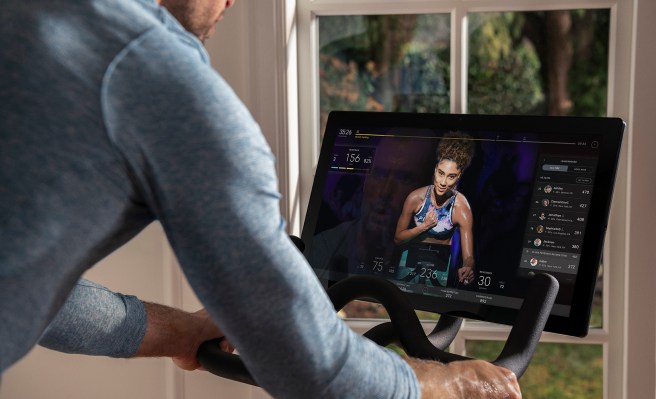Now that the final technology IPOs of 2019 have touched down, it’s a good time to start looking back at what happened during the year. We’re hunting for trends as the clock winds down. Here’s one that’s obvious: Hardware startups are still struggling.
It’s cliché to note in startupland that hardware is hard. Everyone knows it. Making hardware is difficult by itself, but as all tech hardware requires software, hardware shops wind up needing wider domain expertise than pure-software startups. And that’s hard.
But even if a nuts-and-bolts tech company hits scale, it seems difficult to keep that momentum up.
This year we saw Peloton, a hybrid hardware and digital services company go public and struggle. Despite a recent public market resurgence, the company is slipping back towards its IPO price. Today its equity is trading down about 6 percent to around $30 per share. The company’s IPO price of $29 is uncomfortably close to its current value.
2019’s IPO crop also included EHang, a late-entry to the market (more here on its debut) that quickly began to lose altitude after it started to float. EHang traded up today, but the firm is still worth less than its IPO valuation, a reduced figure that was dinged during the China-based drone company’s march towards the public markets.
So, Peloton is about flat and EHang is down. That’s not a great mix of results for a year’s IPO class of hardware companies. Looking back in time, things don’t get much better.
NIO, a China-based electric car company (despite making this thing of beauty) has deleted about two-thirds of its value since its late-2018 US-listed IPO. After going public at $6.25, shares of NIO are worth just $2.70 today.
Sonos also went public in the United States in 2018. It traded above its IPO price of $15 at first. Then it fell under $10 per share as 2018 came to a close. The smart speaker and stereo company spent 2019 recovering. It’s now worth its IPO price again, closing trading today worth about $14.80 per share.
If you go back to 2017, however, Roku has kicked ass. After pricing at $14 per share, the TV hardware and digital services firm is trading for $137 per share, a nearly 10x gain. But Roku was moving away from hardware at the time of its IPO, making it a somewhat poor example. Hardware revenues for Roku were just 31% of revenue in its most recent quarter, for example. That figure was 42% in the year-ago quarter. It will continue to fall.
We don’t need to go over what happened to Fitbit and GoPro, I don’t think.
Hardware can make a lot of money. Samsung and Apple make oceans of money from their hardware. Microsoft has managed to make Surface into a real business, with billions of dollars in yearly revenue. Amazon has a big hardware business with both consumer reading gadgets and consumer surveillance devices. Even Google is taking its new phone seriously enough to buy out a chunk of the NBA’s ad slots (I think it’s this one), according to my extensive in-market testing. Facebook is the laggard of the group.
But for smaller hardware companies going public, unless I’m missing a number of recent of IPOs and I don’t think that I am, it’s a tough world out there.
